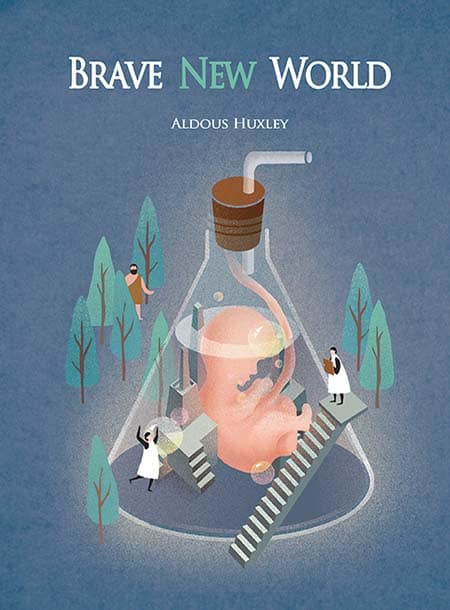He Jiankui and his team used CRISPR to alter a gene called CCR5 in an attempt to make the girls immune to ever getting HIV. The scientific community was widely split upon finding out this discovery. Some condemned him for doing such a pointless procedure with such high risk, but others don't know what to feel. For better or worse, in science there is a notion of "all that ends well is well" and as of now He Jiankui claims that is experiment led to "two beautiful Chinese girls."
This immense overstep in the scientific community forces us as a human population to come to terms with the fact that for the first time in out existence, we can shape our evolution. We have the ability to cure diseases like sickle cell and HIV, but where does the line stop? CRISPR-Cas9 technology is relatively easy to use so what is stopping scientists from starting to modify hair color? eye color? Will we allow Designer Babies? Is it even ethically responsible to allow parents to make these life altering decisions on a human that isn't themselves? This is only scratching the surface of the many questions we have left to answer.

I think that Aldous Huxley warned us best when he wrote in his novel Brave New World:
"All right then," said the savage defiantly, "I'm claiming the right to be unhappy."
"Not to mention the right to grow old and ugly and impotent; the right to have syphilis and cancer; the right to have too little to eat, the right to be lousy; the right to live in constant apprehension of what may happen tomorrow; the right to catch typhoid; the right to be tortured by unspeakable pains of every kind."
There was a long silence.
"I claim them all," said the Savage at last.
I love that you used a quote from Brave New World because it truly grasps the heart of the situation. The freedom to suffer is part of being human, and being able to remove that removes a part of humanity. Crispr is a great piece of technology, but it opens up a lot of ethical questions. The ability to remove or add certain things to our genome has to be taken with much thought and consideration. Personally, I think gene editing is a good tool to combat genetic diseases. I did a blog post earlier on how gene therapy was successful in curing a form of SCID. However, this procedure went through all the necessary hurdles to be deemed ethical and was not using Crispr as its technology. He Jianuki completely skipped some of these hurdles which is why I believe he was wrong in performing the procedure. Designer babies is a scary thought because people would be choosing genes that they deem "good" for their babies. It reminds me of Gattaca, a movie where people who were born naturally were treated like second-class citizens compared to designer babies. Ethical discourse is necessary to decide what is best for humanity and to resolve the implications of gene editing.
ReplyDeletePersonally I feel like there is such an incredible amount of information still not known about the human genome. I’m still reading studies about improving the transfer of information from CRISPR edited DNA, to make it more reliably studied. Theoretically, yes, it’s known to be likely to create a CRISPR baby, but ethically is it safe? What if by editing the CCR5 gene, an HIV mutation occurs in these girls making them patient zero for a treatment resistant strain of HIV?
ReplyDelete